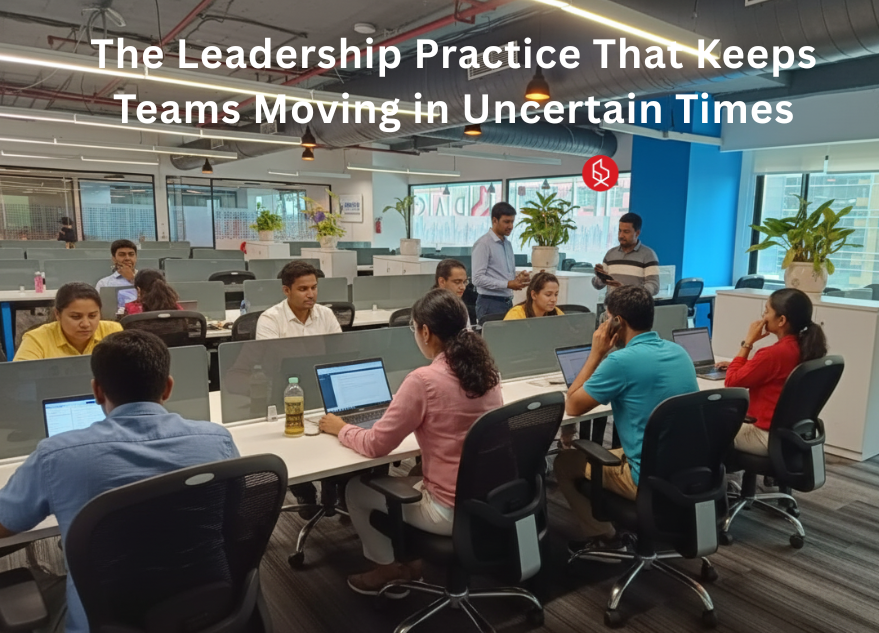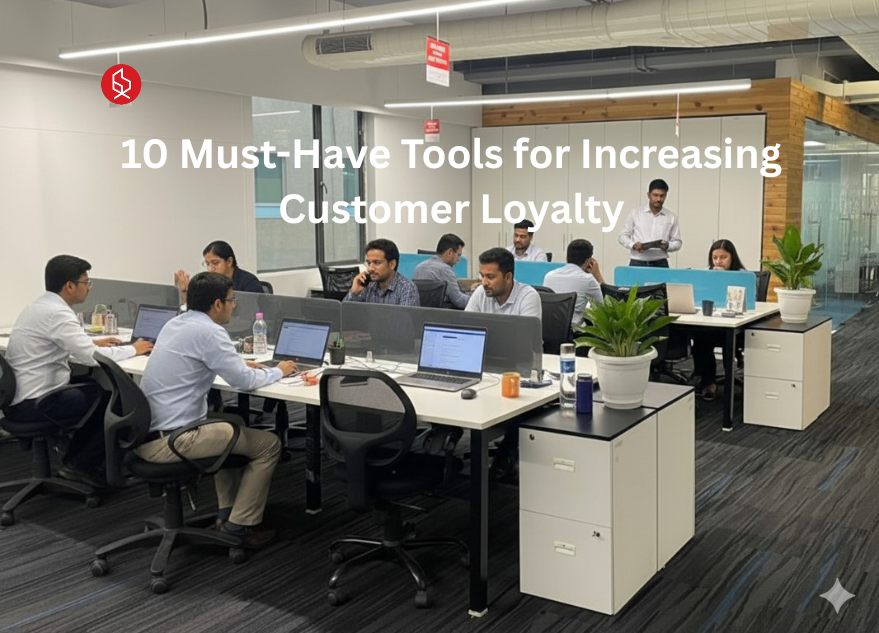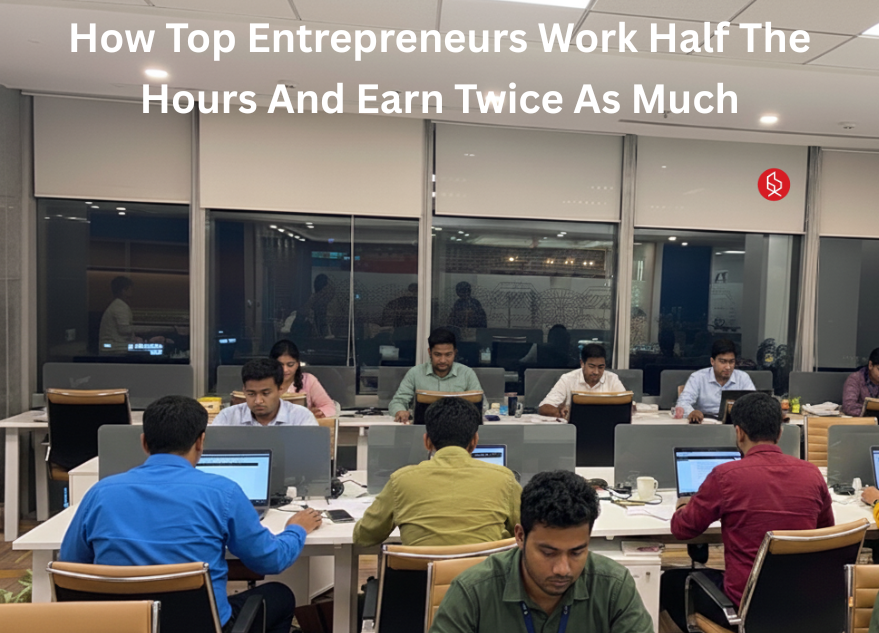In today’s competitive market, small businesses often struggle to keep up with technological advancements. Identifying technology gaps and adopting the right solutions can help these businesses stay productive, efficient, and profitable.
💡 Are you looking for Coworking space in Gurgaon, Noida or Delhi? We are just a call away.
Call Now: 08999 828282
10 Small Business Technology Gaps and How to Close Them
- Understanding Technology Gaps in Small Businesses
- The Importance of IT Solutions for Small Businesses
- Common Barriers to Technology Adoption
- Benefits of Managed IT Services for Small Businesses
- Evaluating Outdated Technology in Business
- How Digital Transformation Can Boost Growth
- Cost-Effective IT Solutions for Small Businesses
- Building a Technology Roadmap
- Training Staff for Technology Adoption
- Monitoring and Improving Technology Performance
1. Understanding Technology Gaps in Small Businesses
Many small businesses face outdated technology in business, from slow computers to manual accounting systems. These gaps can reduce efficiency and hinder growth. Recognizing where your business lacks modern tools is the first step toward improvement. Simple audits of software, hardware, and processes can reveal areas where digital transformation for small business is needed.

2. The Importance of IT Solutions for Small Businesses
Adopting the right IT solutions for small businesses can streamline operations and reduce costs. Cloud-based software, automated billing systems, and secure networks are examples of tools that can improve productivity. Investing in technology ensures businesses stay competitive while freeing up resources for innovation and customer engagement.
3. Common Barriers to Technology Adoption
Small businesses often face barriers to technology adoption, including limited budgets, lack of skilled staff, and fear of change. Understanding these challenges is key to overcoming them. Planning for staff training, phased implementation, and cost-effective tools can reduce resistance and make technology adoption smoother.
Also Read: 15 Most Successful Small Business Ideas in 2025
4. Benefits of Managed IT Services for Small Businesses
Managed IT services for small businesses provide expert support for technology management. These services include network monitoring, cybersecurity, and cloud management. Outsourcing IT reduces downtime, ensures data security, and allows small business owners to focus on core operations instead of technical issues.
5. Evaluating Outdated Technology in Business
Regularly assessing outdated technology in business is crucial to avoid slow performance and security risks. Old software or hardware may not integrate with modern systems, leading to inefficiencies. Replacing outdated tools with updated solutions improves workflow and prepares businesses for small business digital transformation.
6. How Digital Transformation Can Boost Growth
Digital transformation for small business goes beyond technology adoption—it changes how businesses operate and deliver value. Automating processes, integrating e-commerce, and adopting cloud services can increase efficiency and customer satisfaction, giving small businesses a competitive edge in their industry.
7. Cost-Effective IT Solutions for Small Businesses
Small businesses can adopt IT solutions for small businesses without overspending. Open-source software, cloud-based tools, and subscription-based services reduce upfront costs. Prioritizing solutions that address specific pain points ensures better ROI while laying the foundation for future growth.
8. Building a Technology Roadmap
Creating a clear roadmap helps manage small business digital transformation effectively. Identify priority areas, set achievable goals, and establish timelines for implementation. A structured plan reduces confusion, ensures staff alignment, and makes the adoption of new tools more manageable.
💡 Are you looking for Coworking space in Gurgaon, Noida or Delhi? We are just a call away.
Call Now: 08999 828282
9. Training Staff for Technology Adoption
Even the best managed IT services for small businesses fail without trained staff. Investing in workshops, online tutorials, and hands-on sessions ensures employees can use new tools effectively. Encouraging continuous learning also fosters a tech-friendly culture that supports long-term digital growth.
10. Monitoring and Improving Technology Performance
After implementing solutions, monitoring performance is critical. Track KPIs such as process efficiency, system uptime, and customer feedback. Regular evaluations help identify lingering gaps, optimize workflows, and ensure that digital transformation for small business remains aligned with growth objectives.
Driving customer loyalty goes hand in hand with adopting the right tools and strategies. From leveraging managed IT services for small businesses to embracing small business digital transformation, the focus should always be on building long-term value for customers.
If you’re looking for a workspace that truly supports your business growth, The Office Pass (TOP) is the answer. With flexible coworking spaces, a strong community, and modern amenities, TOP helps small businesses stay agile and competitive.
Contact The Office Pass (TOP) today at 8999 828282 and take the next step towards smarter business growth.
FREQUENTLY ASKED QUESTIONS (FAQS):
Question: What are common technology gaps in small businesses?
Answer: Common gaps include outdated software, lack of cloud services, insufficient cybersecurity, and manual processes. These gaps can reduce efficiency, increase costs, and limit growth opportunities.
Question: How can IT solutions for small businesses improve operations?
Answer: IT solutions streamline workflows, automate routine tasks, and enhance communication. They reduce human error, improve customer service, and free up time for strategic activities.
Question: What is digital transformation for small business?
Answer: Digital transformation involves integrating digital tools into daily operations, improving processes, and enhancing customer experiences. It includes adopting cloud software, automation, and online collaboration tools.
Question: Why are managed IT services important for small businesses?
Answer: Managed IT services provide professional support, cybersecurity, and system maintenance. They reduce downtime, ensure data protection, and allow owners to focus on growing the business rather than technical issues.
Question: How can small businesses overcome barriers to technology adoption?
Answer: Start with a clear plan, budget effectively, train staff, and adopt solutions gradually. Choosing affordable and easy-to-use tools also helps overcome fear of change.
Question: How do I identify outdated technology in business?
Answer: Evaluate your current systems for speed, compatibility, security risks, and support availability. Technology that slows operations or cannot integrate with modern tools is likely outdated.
Question: What are cost-effective IT solutions for small businesses?
Answer: Cloud software, open-source tools, subscription-based apps, and managed services offer affordable ways to modernize operations without large upfront costs.
Question: How does a technology roadmap help small businesses?
Answer: A roadmap sets priorities, timelines, and goals for technology adoption. It ensures organized implementation, aligns staff, and tracks progress toward digital transformation.
Question: Why is staff training essential for digital transformation?
Answer: Even with advanced tools, untrained staff can misuse or underutilize technology. Training ensures effective adoption, boosts productivity, and fosters a culture supportive of innovation.
Question: How can businesses monitor technology performance?
Answer: Track metrics like system uptime, workflow efficiency, and customer satisfaction. Regular audits and feedback loops help identify gaps and optimize technology use over time.









